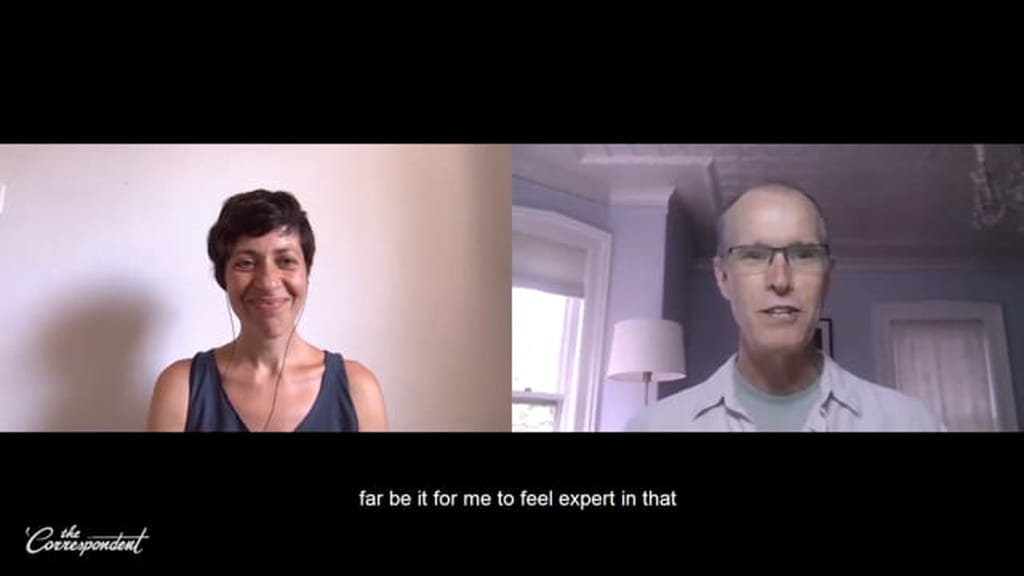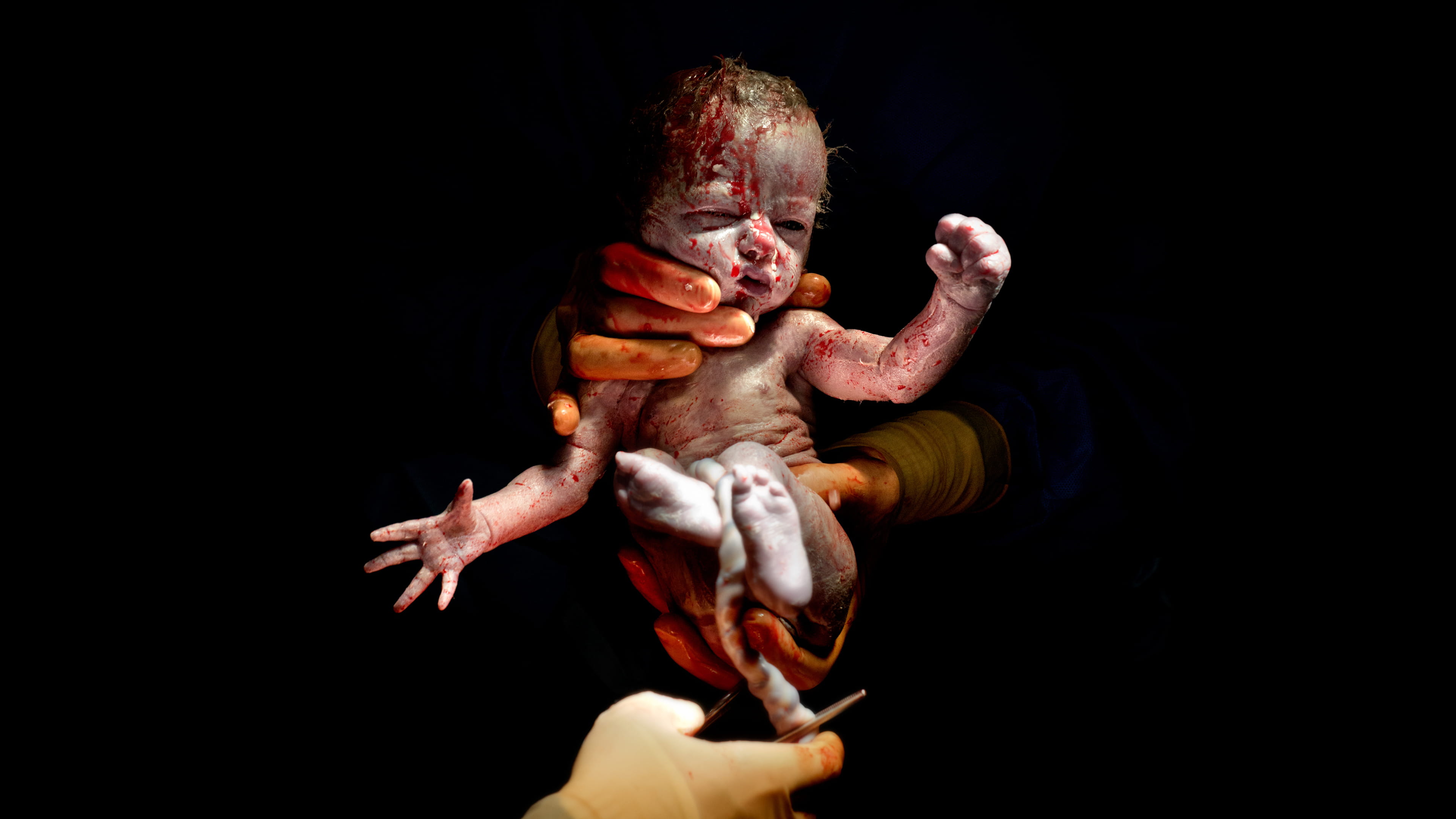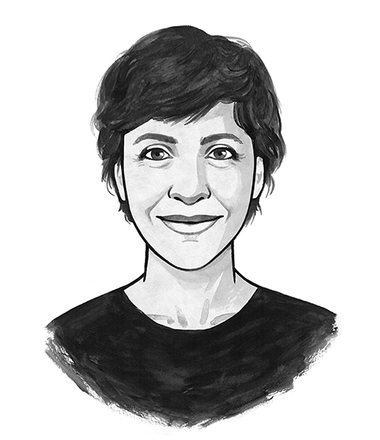"Anything we can do in that first 1,000 days to make a difference pays dividends far beyond anything we can do to repair a damaged soul later in life."
Stephen Boos first contributed under Irene Caselli’s very first story about the first 1,000 days of life. The child abuse paediatrician from Springfield, Massachusetts, in the US took time out to share how he, as a medical specialist, would cover this beat from his perspective. Speaking from her home in Evia, Greece, in the sweltering heat, it was a chance for Irene to touch base on how her journalism has weaved in member expertise. This was a unique part of The Correspondent’s journalism: seeing a writer and doctor working together as reporter and children’s expert.
Irene’s approach to her beat was wide-ranging. She spent the last 15 months writing, with and for members, about topics such as neuroscience, women’s rights, abortion, play, pregnancy, and trauma. Stephen shared his expertise on attachment theory or parenting and race, as well as his experience of navigating other members in the conversation section.

In the end, Irene asked members one of the hardest questions: to try to think back on our OWN first 1,000 days. Even though this conversation took place in August to celebrate a year of The Correspondent, Irene and Stephen’s reflections on how coronavirus and the lockdown measures affected children remain pertinent.
If you want to follow Irene, she has a new home for her first 1,000 days beat with Slow News, a member-funded platform in Italy. She’ll continue to write in English, and you can follow her there. Remember: no story is too small, and as Stephen says, how you tell it changes everything.
Dig deeper
 Eat, play, love: Just how much are you shaped by your first 1,000 days of life?
Neuroscience has identified this period – from conception, through nine months of pregnancy, plus two years – as critical for brain development, but it also matters in so many other ways.
Eat, play, love: Just how much are you shaped by your first 1,000 days of life?
Neuroscience has identified this period – from conception, through nine months of pregnancy, plus two years – as critical for brain development, but it also matters in so many other ways.



